Exciting major online primary source database now available at the Library.
I’m really pleased to let you know that the Library has got a 1-year subscription to the fantastic primary source database Archives Unbound from Gale Cengage. Archives Unbound currently has 265 collections of primary source material, with new collections added every year. It is a huge database and covers a wide range of subject areas and time periods.

You can access Archives Unbound from the Databases A-Z list and appropriate Database by Subject lists. The Library has already previously purchased permanent access to 9 collections from Archives Unbound and you can find out more about these at Spotlight on Archives Unbound.
What is Archives Unbound?
Archives Unbound presents topically-focused digital collections of historical documents that support the research and study needs of students and academics. Collections cover a broad range of topics from the Middle Ages forward-from Witchcraft to the Second World War to 20th century political history and the collections are chosen for Archives Unbound based on requests from scholars, archivists, and students.
In Archives Unbound you can search through all 265 collections at one time or you can choose to search/browse individual collections or groups of collections.
What’s in Archives Unbound?
Continue reading “Archives abound in Archives Unbound”
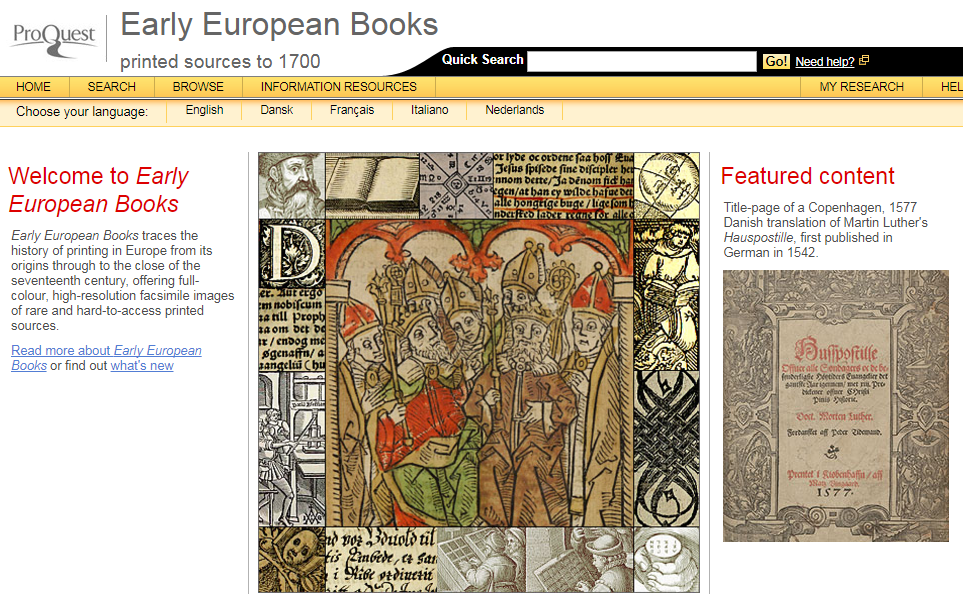
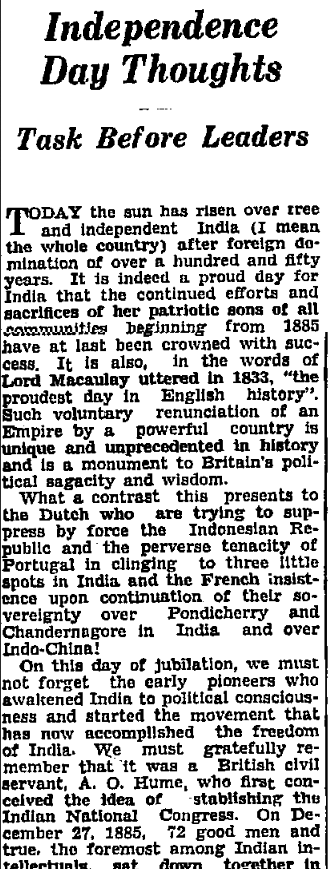
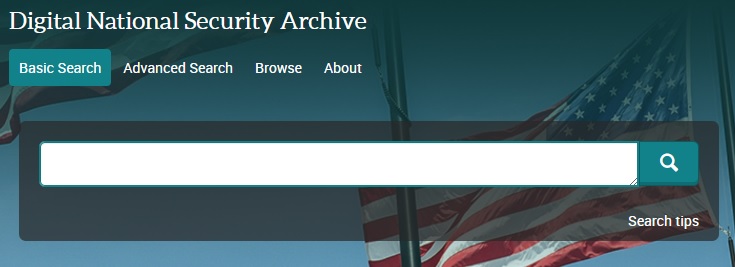
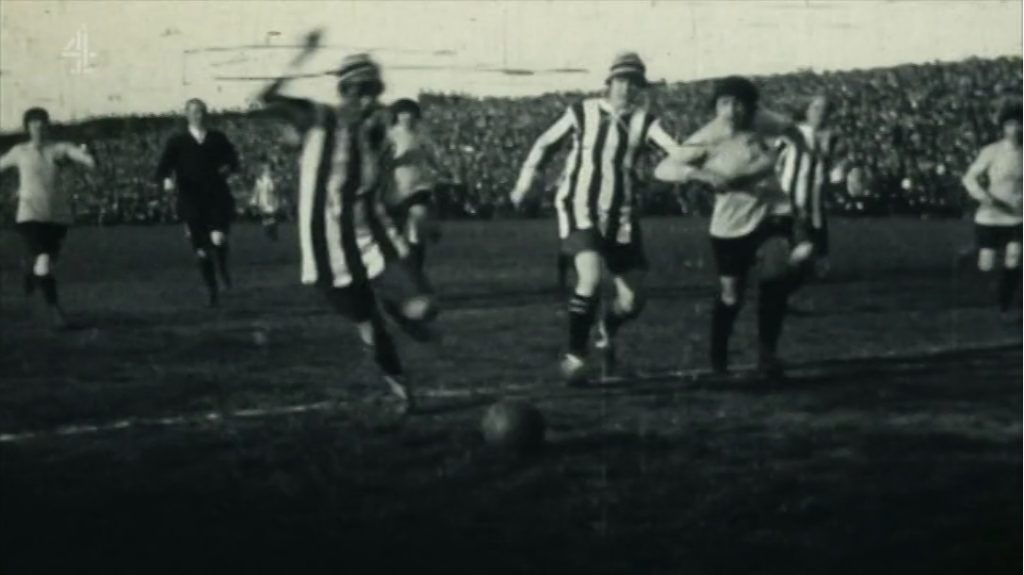

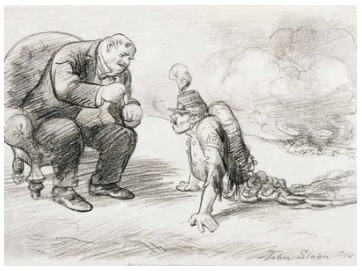 During World War One, Conscientious Objectors united to oppose the war despite the criticism they faced. Three of these anti-war protest groups included the Conscientious Objector Information Bureau, the Union of Democratic Control, and the No-Conscription Fellowship. Conscientious Objection during the World War 1 includes complete files of key anti-war publications. It also contains rare reports from the Conscientious Objector Information Bureau. The internal papers include minutes from the Union of Democratic Control and letters from the No-Conscription Fellowship. The Fellowship’s most prominent figure, Clifford Allen, wrote a number of these items. Local Fellowship branches in Willesden, Middlesex and in Hyde, Greater Manchester are also covered. Also included amongst the papers is Thomas Henry Ellison’s scrapbook. Thomas was a Conscientious Objector and spent much of his time during the war in prison. His scrapbook covers both his own experiences and the experience of the anti-war movement as a whole.
During World War One, Conscientious Objectors united to oppose the war despite the criticism they faced. Three of these anti-war protest groups included the Conscientious Objector Information Bureau, the Union of Democratic Control, and the No-Conscription Fellowship. Conscientious Objection during the World War 1 includes complete files of key anti-war publications. It also contains rare reports from the Conscientious Objector Information Bureau. The internal papers include minutes from the Union of Democratic Control and letters from the No-Conscription Fellowship. The Fellowship’s most prominent figure, Clifford Allen, wrote a number of these items. Local Fellowship branches in Willesden, Middlesex and in Hyde, Greater Manchester are also covered. Also included amongst the papers is Thomas Henry Ellison’s scrapbook. Thomas was a Conscientious Objector and spent much of his time during the war in prison. His scrapbook covers both his own experiences and the experience of the anti-war movement as a whole. 

